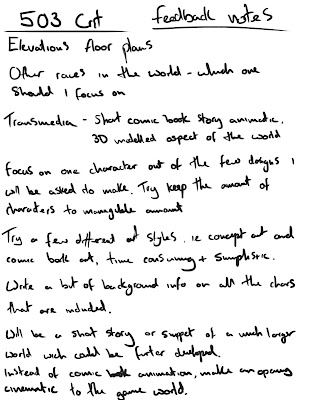To compare the two pieces of writing 'Mulvey - Visual pleasure' and 'Cowards - The Look' it would be accurate to say that the two have different but also many similar ways of looking at the gaze in social media, they do not exactly talk about and discuss all the same things in their writings but they do look alot about at how women look at themselves in society and how they seem to be controlled by men in a way that could lead anyone reading these writings to think that the writers think that women find the way men treat women is unfair.
Especially looking at cowards writings where she writes 'it sometimes appears to women that the whole possibility of being loved and comforted hangs on how their appearance will be received' - this view makes Coward sound like she is a little feministic in her views to some people but on the other hand a lot of people may agree with how she sees the world, as it sounds like a lot of her views are based on personal experience.
The view expressed by Mulvey when she writes that 'Jacques Lacan has described how the movment when a child recognises its own image in the mirror is crutial for the constitution of the ego' shows how she has looked at other theorists and also that she has a more formal tone and approach to writing than Coward. This does not make either one more true than the other, however it may lead some to believe that Coward has a more socially acceptable tone to her writings than Mulvey and this may be the deciding factor on whether someone might agree or disagree with the wrightings.Coward also talks about children when she writes 'The adult woman near totally abandons the love that the little girl had for her own image in the period of narsassistic glory' this is a little more specific to maybe a woman in western society/culture than to when Mulvey is talking about a child looking at their own reflection in the mirror which is on a more psychiological level in early childhood and brain development.
Overall though the themes of each of the writings can be seen to be percieved as follows, Mulvey started off talking about the child and the way the peeping tomis brought out in people for phychological reasons, also why people want to look desirable and why people desire to look. Whereas Coward starts off with how the woman is oppressed in society, in particular western society from what seems to be a personalised viewpoint, she then goes on to talk about how women seem to look at themselves in the media, the media includes magazines, internet pictures, films and not mentioned in these writings but it will include games, everything that goes on in the social media can be carried across to the gaming world and the platforms it includes. There is not much of a difference anymore between a game and a film as both of them use a lot of the same techniques and even some stories cross medias between the two.
Mulveys and Cowards views are similar when it comes to the gaze in the media, the cinema in particular coward states that 'western culture has become obsessed with looking and recording images of what is seen' this may be more of a reference to home made video recordings and pictures of people looking at themselves for the sake of vanity, Mulvey says 'The conventions of main stream film focuses attention on the human form' this can be seen as more of a view of mainstream cinema than of homemade recordings and pictures, the theme though is the same, people are obsessed with the human form and from what both theorists have been writing it seems that the female figure in particular is what people are being obsessed with.
In conclusion it would seem that both writings can be more compared than contrasted and this may be because of that fact that they have both been written by female theorists, they both write that males are the ones who do the looking while the women care (maybe too much) about what their image represents. The main contrast in these writings though seems to be the perspective at which they have both been written at, Coward seems to have written her text based on a personalized western viewpoint of modern society while Mulvey has written her more theoretical viewpoints based academic research and on how the human brain develops.























